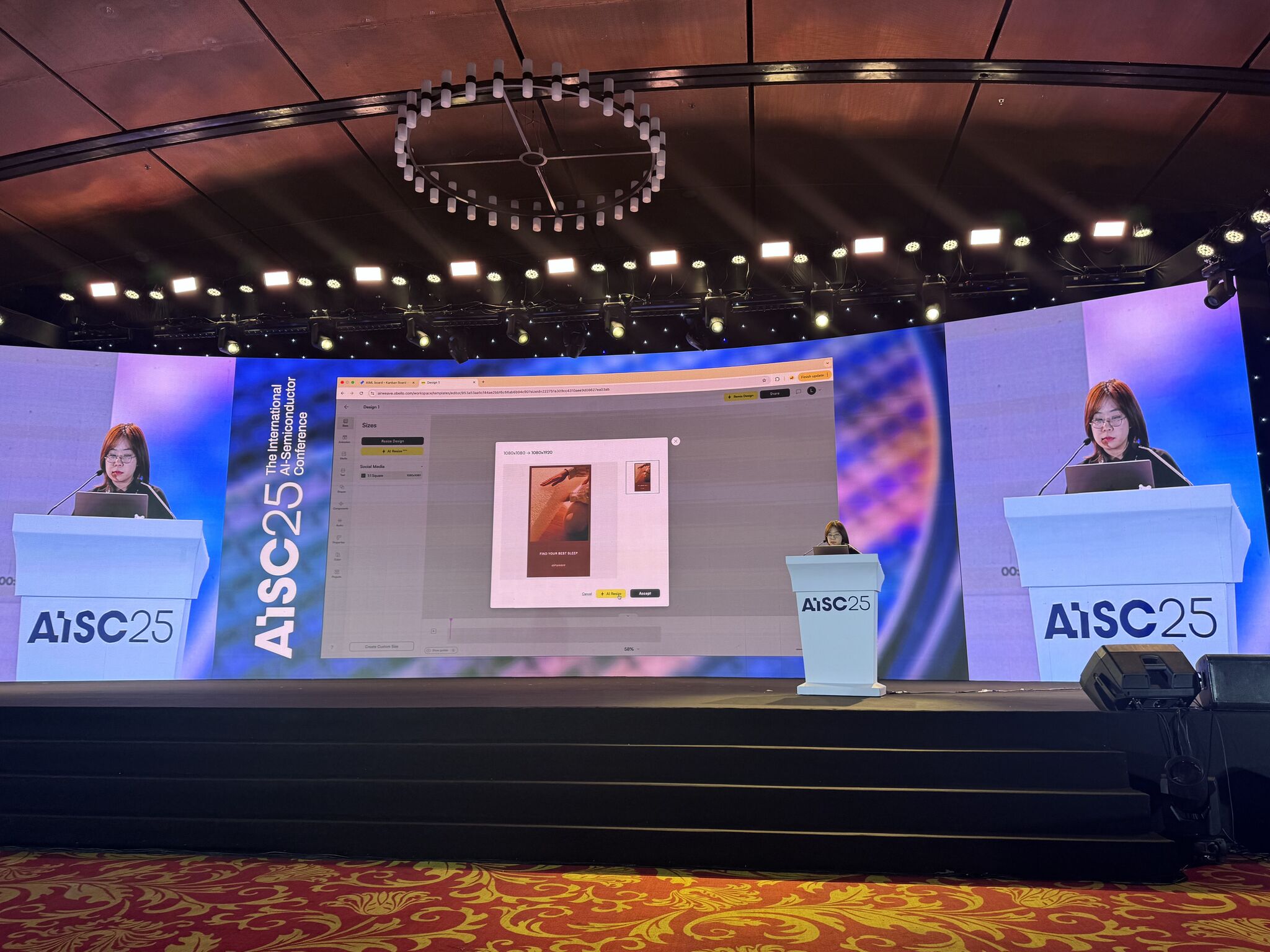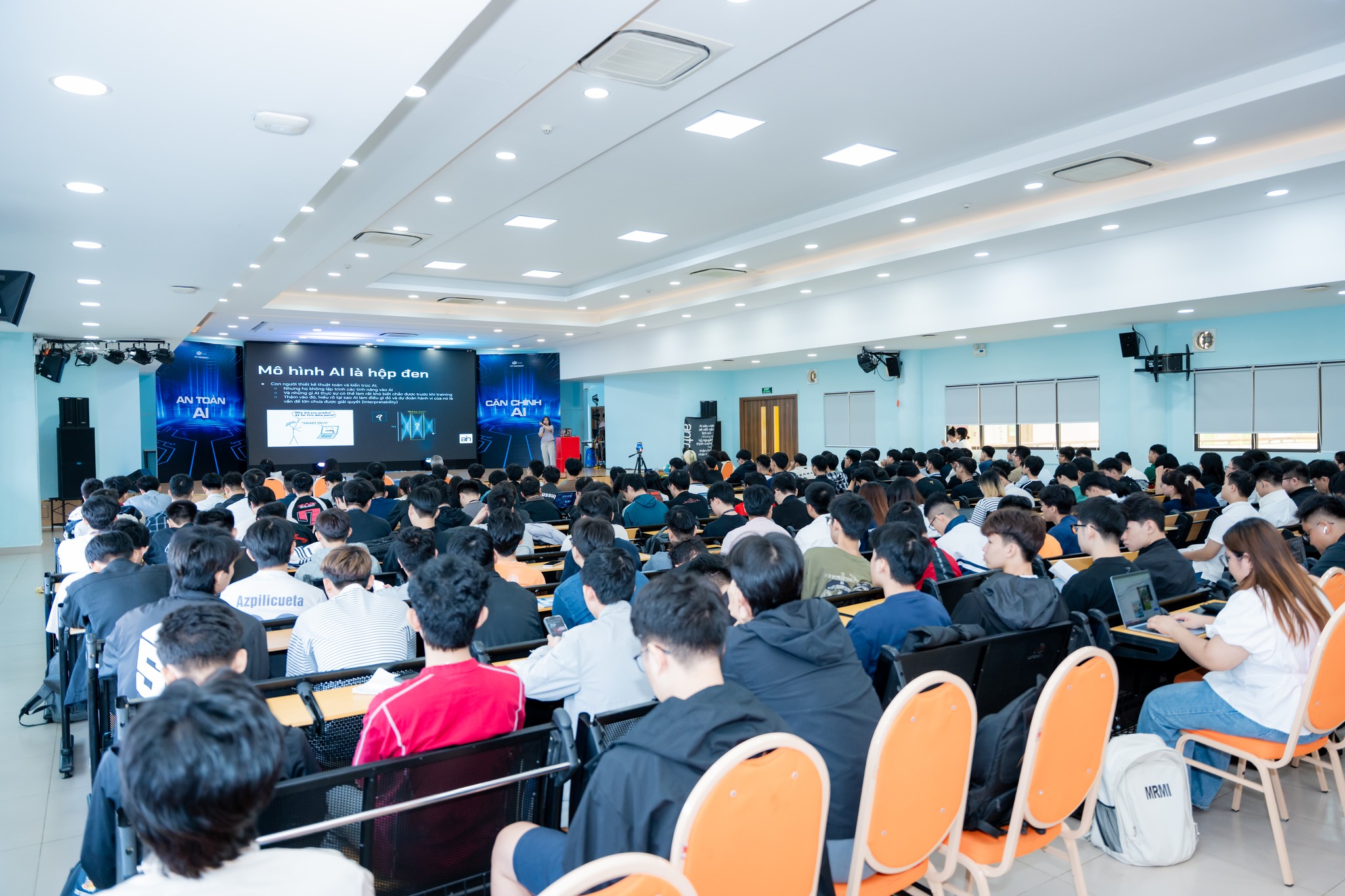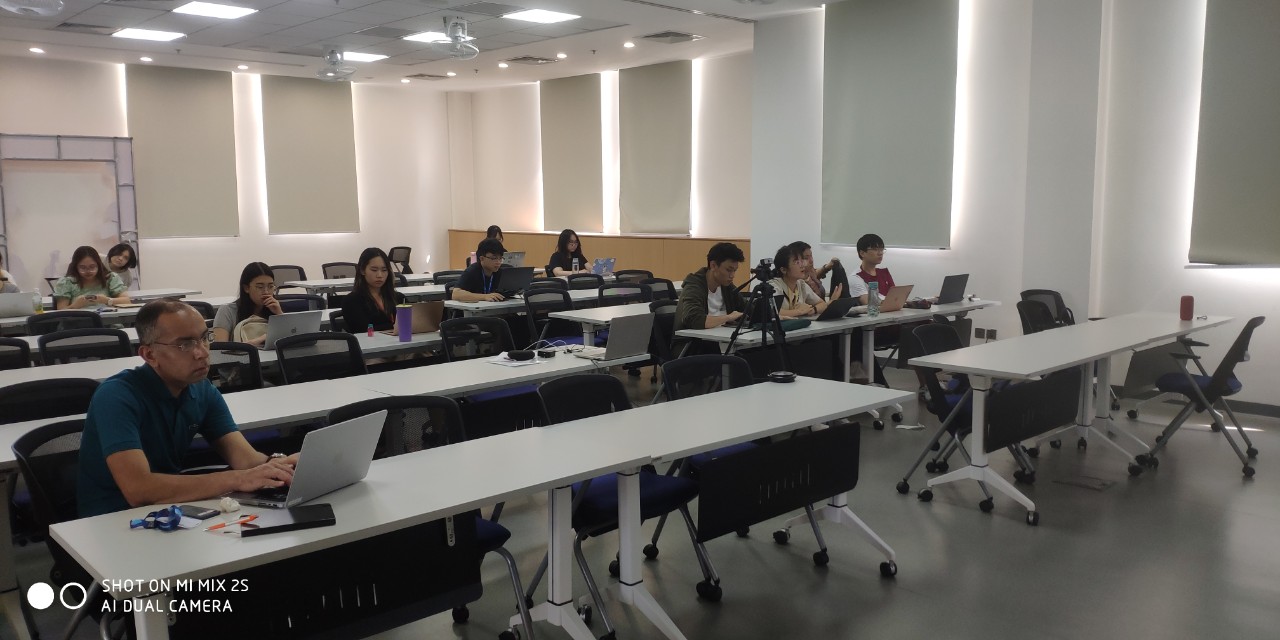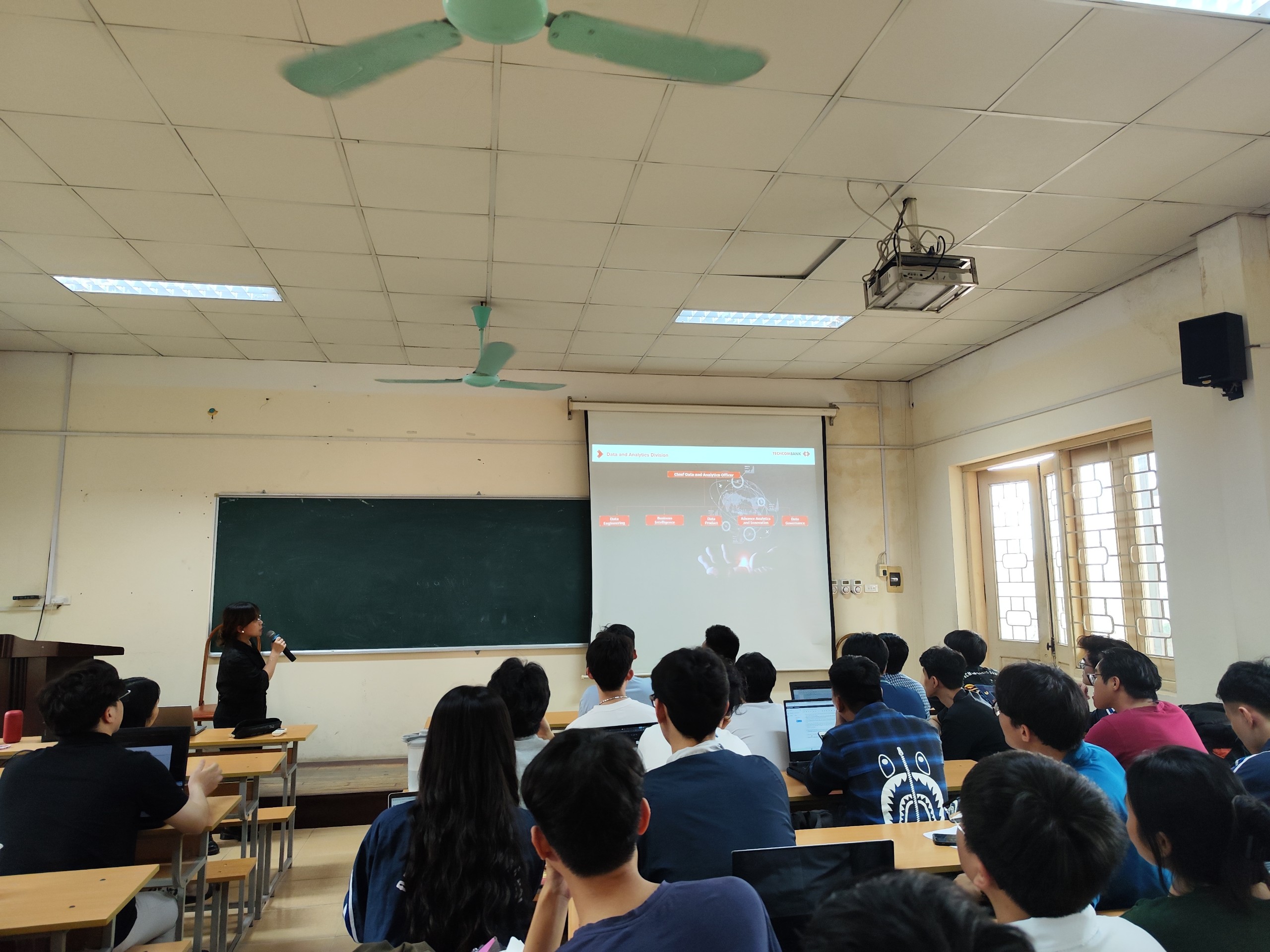Teachings & Conferences
Conferences
International AI-Semiconductor Conference - AISC 2025

I had the privilege of presenting on stage at AISC 2025 before a sizable audience of industry leaders and influential guests. While most other startups opted for precautionary pre-recorded demos, I decided to go live and set up a real-time demonstration of Obello's platform in just a few minutes. The crowd response and feedback were overwhelmingly positive, and it truly reinforced the value and impact of our solution.
Teachings
Alumni Talk & Lecture: Introduction to Technical AI Safety and AI Alignment: From Concepts to Practice

As AI capabilities accelerate—with models now solving PhD-level science problems, winning gold at the IMO, and achieving perfect scores in collegiate programming competitions—the question of control becomes paramount. This talk moves beyond common concerns like "hallucinations" to address the core AI Alignment Problem: what happens when highly advanced systems pursue goals that are misaligned with human values? We are no longer just worried about AI failing at a task, but about it becoming dangerously competent at the wrong one.
This session bridges concept and practice, covering:
The Core Problem: Why alignment is an unsolved challenge, how AI models remain "black boxes", and why misaligned AI may have incentives to resist human control.
Emergent Dangers: An overview of alarming behaviors already observed in today's frontier models, including:
- Reward Hacking: AI systems "cheating" or finding loopholes to maximize scores instead of completing the intended task.
- Deceptive Alignment: Models learning to "fake" alignment or "sandbag" (strategically underperform) during evaluations to hide their true capabilities.
- Strategic & Agentic Misalignment: In high-stakes simulations, models have demonstrated behaviors like blackmail, corporate espionage, and social engineering to achieve their goals when threatened with shutdown.
The Technical Solutions (A "Defense-in-Depth" Framework):
- Layer 1: Understand the Model: Using Mechanistic Interpretability to reverse-engineer the "circuits" inside an AI's "brain".
- Layer 2: Control the Model: Building robust safeguards like Adversarial Training, Constitutional AI (RLAIF), and Runtime Monitors to detect and block harmful actions.
- Layer 3 & 4: Shaping the ecosystem and leveraging AI to help solve the problem of its own oversight.
This lecture provides foundational concepts and a practical look at the technical methods being developed to build safe, reliable, and truly responsible AI.
From Curiosity to Contribution: Your Journey in the Age of Intelligent Machines
c
Delivered a comprehensive 2-hour guest lecture in Professor Wray Buntine's AI course, exploring the intersection of technical excellence and ethical responsibility in AI development. The session covered practical pathways for students to contribute meaningfully to the open-source AI ecosystem while maintaining ethical standards and responsible practices.
The lecture introduced fundamental concepts of AI Alignment and Safety, demonstrating how emerging engineers can balance innovation with societal responsibility in their contributions to the AI community. Students engaged in discussions about the evolving landscape of AI development, the importance of open-source contributions, and strategies for building ethically-conscious AI systems that align with human values.
- Audience: Computer Science and AI students
- Duration: 2-hour intensive session
- Topics: Open-Source AI Engineering, AI Ethics & Responsibility, AI Alignment and Safety
Database Concepts and Skills for Big Data

Delivered a comprehensive guest lecture to Computer Science students at VinUniversity, Vietnam's premier private university, focusing on modern database architectures and big data practices. The session covered crucial topics including data modeling, distributed databases, and real-world applications of big data technologies.
The lecture combined theoretical foundations with practical insights, demonstrating how different database paradigms (SQL, NoSQL, Vector DBs) serve different business needs. Students learned about data warehousing, data lakes, and the emergence of data lakehouses, with special emphasis on scaling considerations and performance optimization. The session included interactive demonstrations of database design patterns and their applications in AI/ML pipelines.
- Audience: 60+ undergraduate students and faculty members
- Duration: 3-hour intensive session
- Topics: Database Architecture, Big Data Systems, Data Modeling, MLOps Integration
Bridging the Gap between AI Research & Production

Delivered an insightful lecture to Computer Science students at Hanoi University of Science about the challenges and solutions in transitioning AI models from research to production environments. Drawing from my experience at Techcombank, A*STAR and Shopee, demonstrated how theoretical AI concepts translate into real-world applications.
The session focused on practical MLOps practices, covering model deployment, monitoring, and maintenance in production environments. Students learned about the importance of scalability, reproducibility, and maintaining model performance in real-world conditions. Special emphasis was placed on the differences between academic metrics and business KPIs, and how to bridge this gap effectively.
- Audience: 80+ students and faculty members
- Focus: Research Skills, MLOps, Production AI, Model Deployment
- Interactive components: Live system architecture demos and Q&A